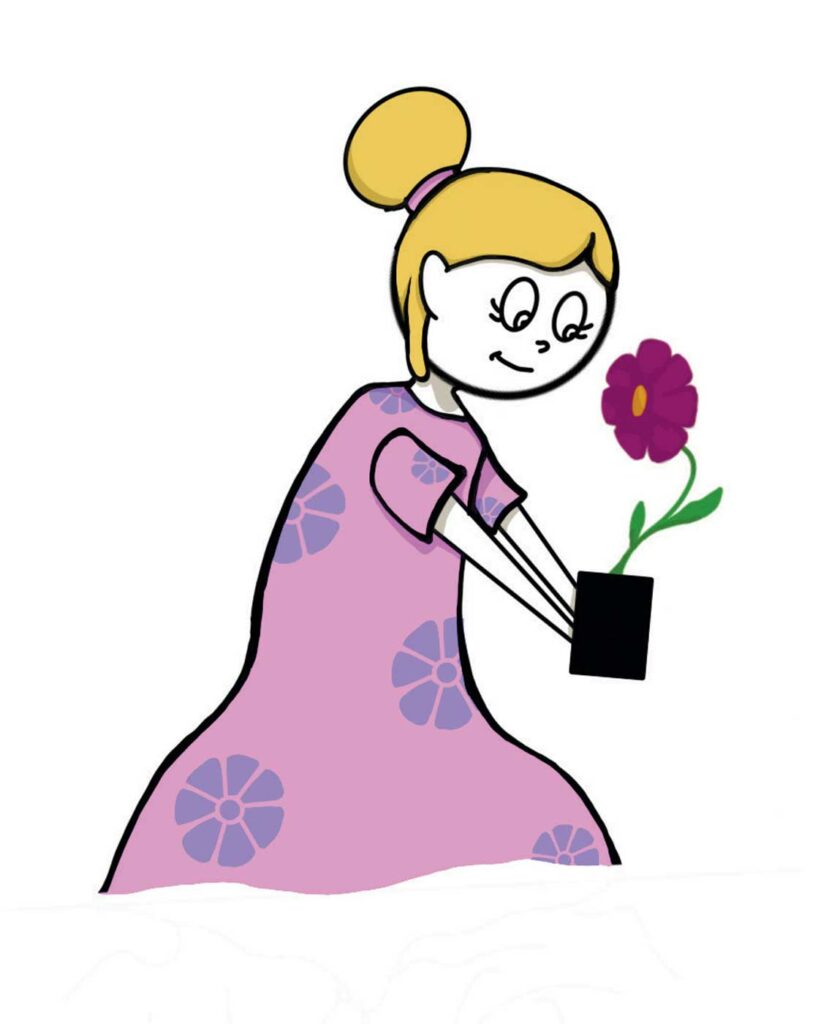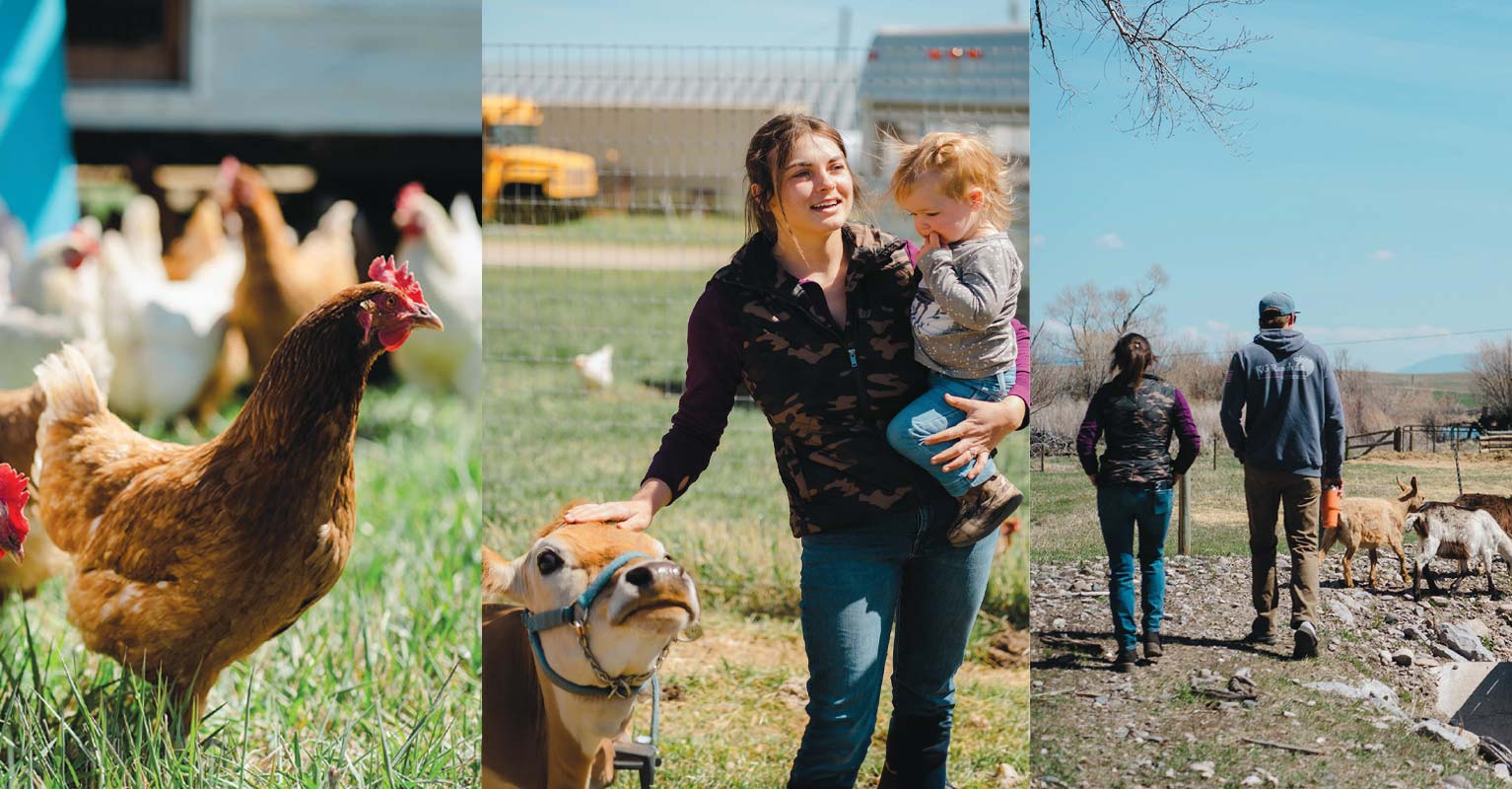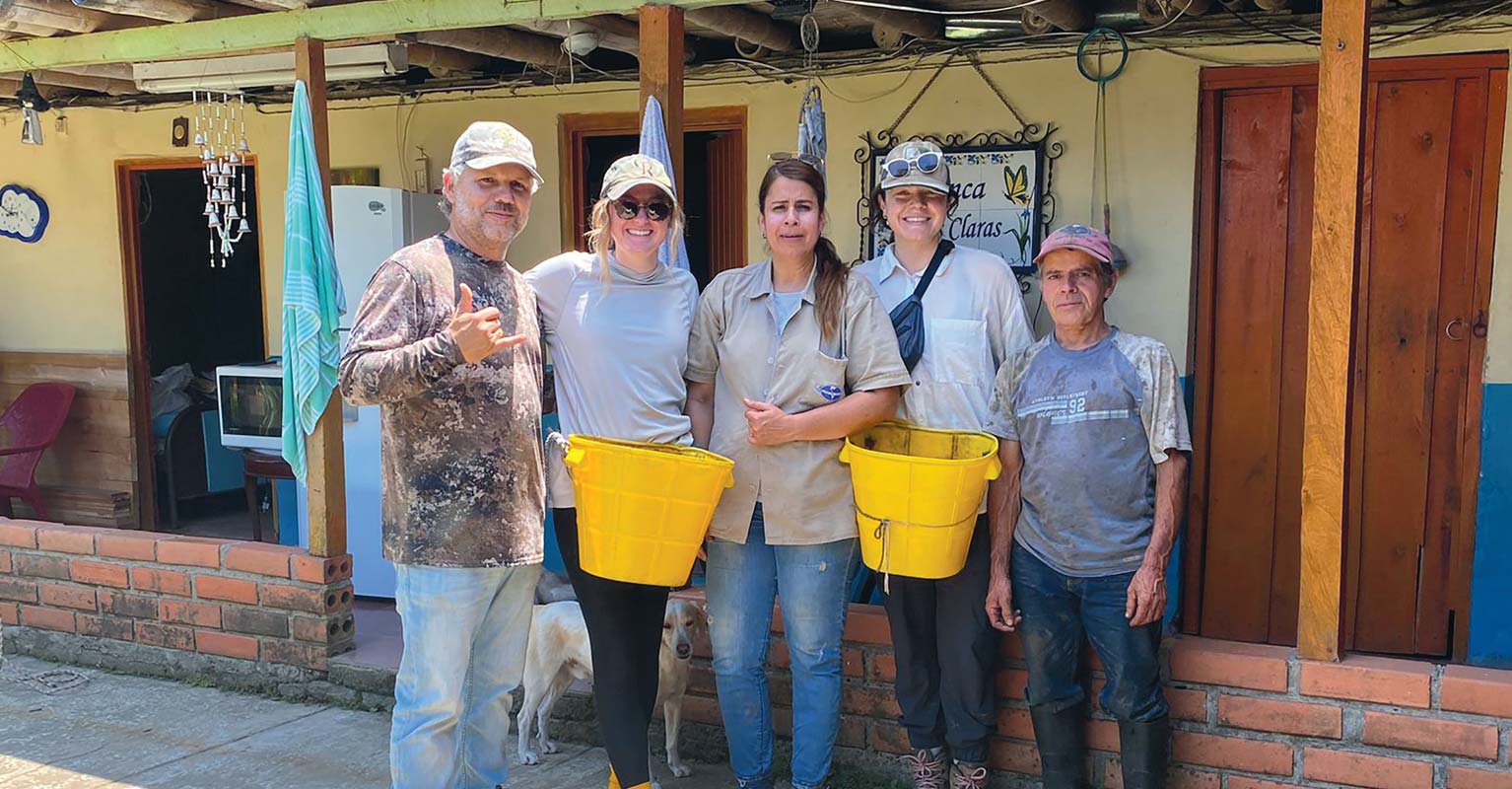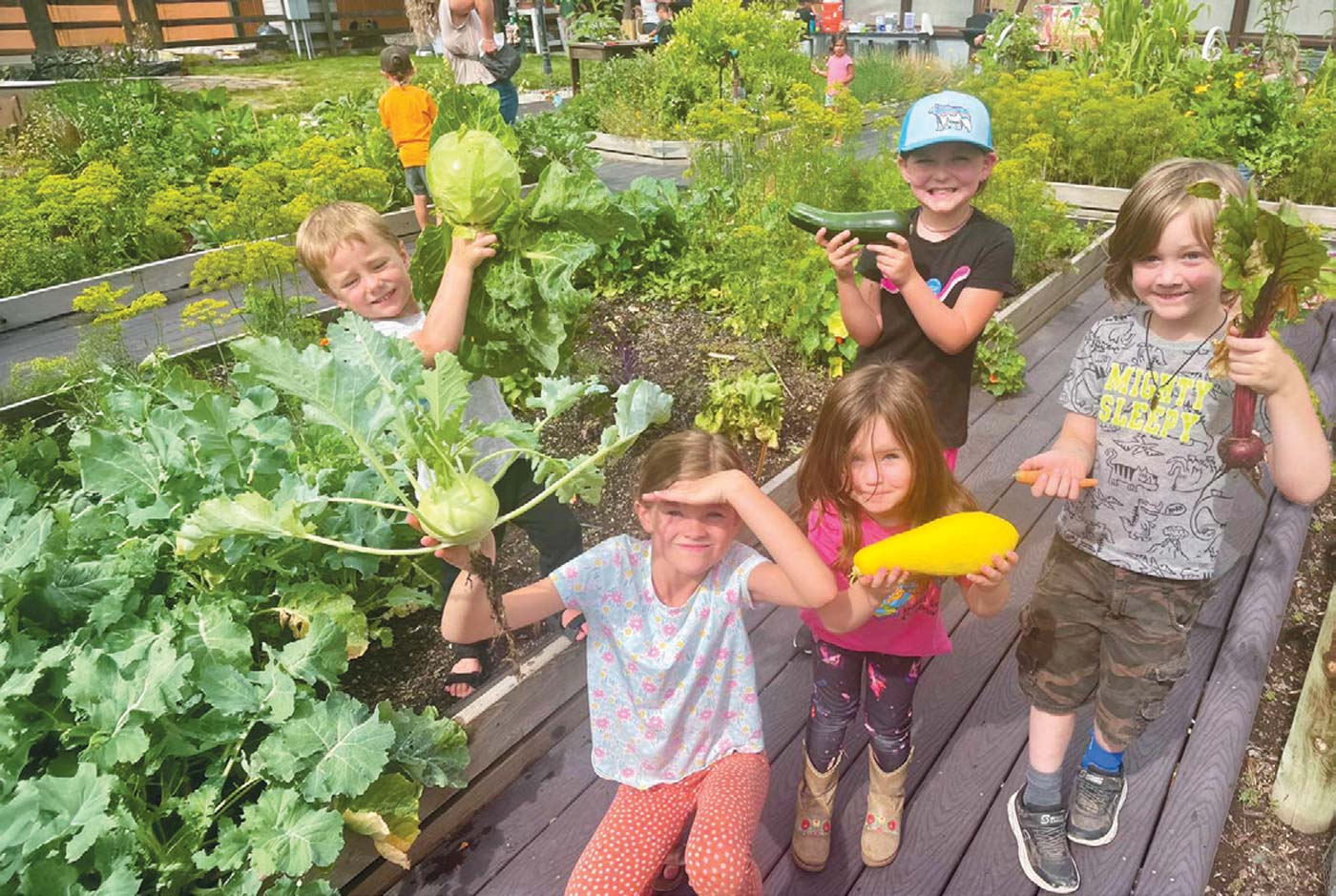
I am 5 again. It’s a cloudy spring day, and I’m following my grandfather to the field across from my house. It rained last night, and I stumble through the moist furrows. My grandfather kneels in his worn Levi’s and says, “Get yourself a handful,” as he scoops earth into his hand and takes a reverent drag.
I dig my little fingers into the dark crumbly soil and inhale deeply, pulling the rooty aroma down to my toes. Both of us sit for a moment, our brains locked in a primal dance with geosmin, the microbial compound released when rain hits soil. Eyes still closed, he says, “It’s ready.”
I instinctively understand: to be planted. We are farmers. That DNA seeps through my veins like sap.
I squeeze the brown loam, forming a soft ball as something bites my palm. I let go, the ball tumbling apart as a small agate arrowhead reveals itself. I pick up the arrowhead, unsurprised, wonderment still a constant at age 5. A tiny black fern had fossilized on the chipped arrow, and it equally embeds in my memory, fueling my obsession with nature and the hope that I have an important role in it.
The humans that lived before us understood this secret connection. I envy their ancestral knowledge and wish I could tap into it. But alas, I am a conventional American; like a modern wheat variety, my ability to connect with nature has been suppressed. With good intentions, I am taught to stop tasting the world, told to wash everything off my hands, and weaned off drinking creek water. Removed from the ecosystem as much as possible.
Now, as an adult, my soul bleeds for that connection with the natural world. I want so badly to be an integral part of it, so when someone whispers the phrase regenerative agriculture, my ears prick up and I wonder if I’m included. Can I start over with the world? I dive so deep into this new concept that people don’t recognize me. I find family in my holistically minded friends, and I don’t care if I fit anymore. This reciprocal connection with nature calls my soul like the moon pulling song from the wolf’s belly.
I explain to anyone who will listen that humans are only a small piece of the ecological puzzle we live in and that lives within us. Our microbiome influences our health and well-being just as we influence the soil life that is biome to the plants we grow. We are inextricably entangled with humus, evident in our response to petrichor, the intoxicating scent of rain hitting soil. We can smell it thousands of times better than a shark can smell blood. We can’t help but pay attention.
Organic regenerative agriculture asks us to notice, to pay attention to the natural systems that have nourished us for millennia. It will take practice to relearn, but I have faith that we will wake up to a healthy earth again.




